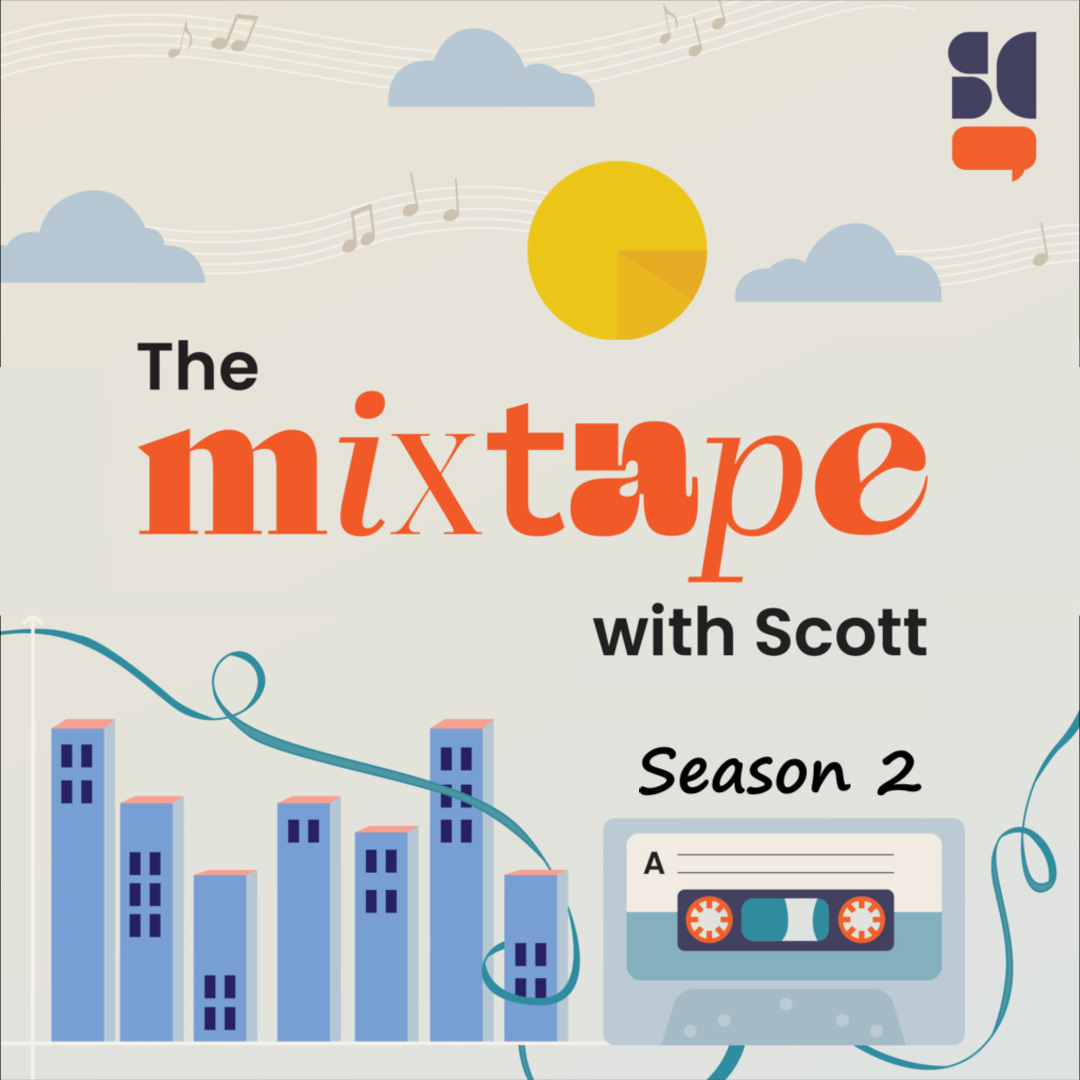Podcast interview
I’m going to drop this week’s podcast a day early because Dr. Abadie’s doing a workshop for Mixtape Sessions later this week, and thought it would be better to just give everyone a headsup about it and bundle it with this interview too. Dr. Abadie has had a major influence on me. In 2009, I began studying the legalization of indoor sex work on public health and violence against women, a paper that would land me my first Top 5 publication with Manisha Shah, and from the start I decided to use synthetic control to do it. We were one of the early adopters in fact, and I entered into a long pen pal conversation with Alberto over the years. I asked if I could do the “real podcast interview” with him, the one that’s more of the “oral history of economics; personal stories of economists” and he agreed. (He did a shorter non-themed one abt synth last year for me for a substack I was writing abt synth). So I’m super excited and honored to have a chance to interview Dr Alberto Abadie again on the podcast. And I hope you like it.
Dr. Abadie is at MIT. Before MIT, he was a professor in Harvard Kennedy School where I once heard he got a standing ovation after a lecture on econometrics. The number of econometricians teaching econometrics to non-econometricians who have gotten standing ovations is a very small set is my hunch; we all are trying to nail it, but few get it. He was one of the best speakers for me when I first saw him speak at the Northwestern causal inference workshop a decade ago (which I’m co-directing again this year with Bernie Black for those interested — here for main, here for advanced).
His work spans a lot of topics. He did his doctorate at MIT under Josh Angrist in the 1990s, and then moved into a collaboration with both Josh as well as Guido Imbens with whom he wrote a series of very nice papers on inexact matching. One in econometrica 2006 where they worked out the large sample properties of the method under repeated “matching with replacement”. And another where they worked out a method for using regression adjustment to reduce the bias from inexact matching in a 2011 JASA. I’ve written about both on the substack and they’re great. Over the years, I have come to love them.
The inexact matching method finds matches that minimizes the sum of squared matching discrepancies across all confounders, which is a similar objective function to synth which finds weights on donor pool units (as opposed to M:1 matching). Both methods are imputation methods — using comparison groups to impute missing counterfactuals, only one of them builds on unconfoundedness (matching) and the other on a factor model (synthetic control). Both matching and synth have been very influential, but matching predates Alberto by decades going back to the Rubin and Cochrane in the 1970s and 1960s. Alberto, on the other hand, is the author of synthetic control with Gardazebeal in a 2003 American Economic Review article studying the effect of terrorism in Basque Country on economic variables, like GDP. And it has been used now many times, including my study of sex work.
But he’s done more than that. He’s done work on complier analysis in instrumental variables, a topic that I am noticing becoming more common nowadays with advances made on the leniency design, as well as his new work on clustering under sampling versus design based concepts of uncertainty. He’s a great one, and I hope you like this interview. Here’s the video:














